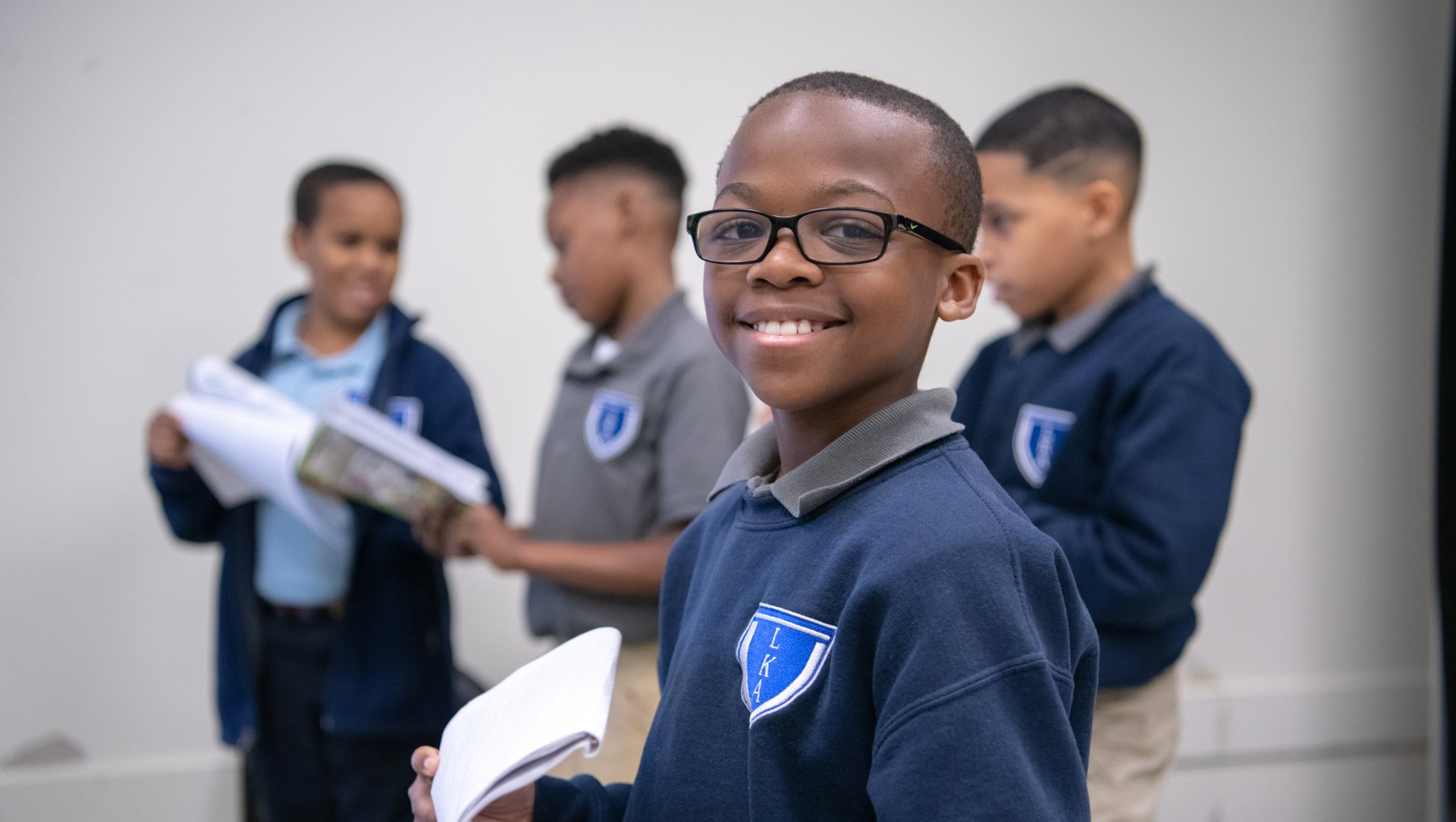Read Out Loud
Can You Tell if Your Child is Struggling?

Is your child or student struggling in class? When your child reads aloud you will learn a lot about how they read . Have the child read in a private setting from an age appropriate book of interest to her/him.
Is it slow, choppy reading with pauses, unrelated to meaning? Is there difficulty pronouncing the words correctly? Does the child know a word and two lines later not recognize the word?
What Are the Right Questions You Should Be Asking?
- Is it slow, choppy reading with pauses, unrelated to meaning?
- Is there difficulty pronouncing the words correctly?
- Does the child know a word and two lines later not recognize the word?
Children with dyslexia read with much effort and have to spend energy to read accurately and therefore they can miss the meaning of the story or paper. This can be confused with comprehension but in a child with dyslexia, higher level thinking is not a problem, decoding is. They are using an inefficient system in the brain and must work hard to pull the word apart into its smallest parts.
So, their brain is working extra hard to break a word down to know what the word is rather than a simple automatic read of the text. They may read accurately but without full meaning. They may score well on accuracy but not on fluency.
The road to becoming a fluent reader
The goal should be for them to become fluent readers. Fluency is the bridge between accuracy and comprehension (Dr. Sally Shaywitz, Videoconference Series, March 2017 DRC/Yale). When they read fluently, they are reading accurately, rapidly, and with prosody (correct intonation).
This takes time and practice. When a child is reading with prosody it means they are struggling less with decoding so they understand the content of what they are reading. They understand emotions or if a statement is a fact or a question which leads to comprehending the meaning and details of the story. Comprehension is a result of fluency combined with reasoning, critical thinking and vocabulary. A child with dyslexia must become an accurate reader with prosody to then have the energy and time to use his/her reasoning for comprehension.
There is no timeline or short cut to achieving fluency for the child with dyslexia. Reading connected text/stories/books out loud daily is crucial to attain fluency. Children with dyslexia will find this hard and they will not like it, but it will lead to fluency so they can understand the written word as well as they understand the spoken word.












